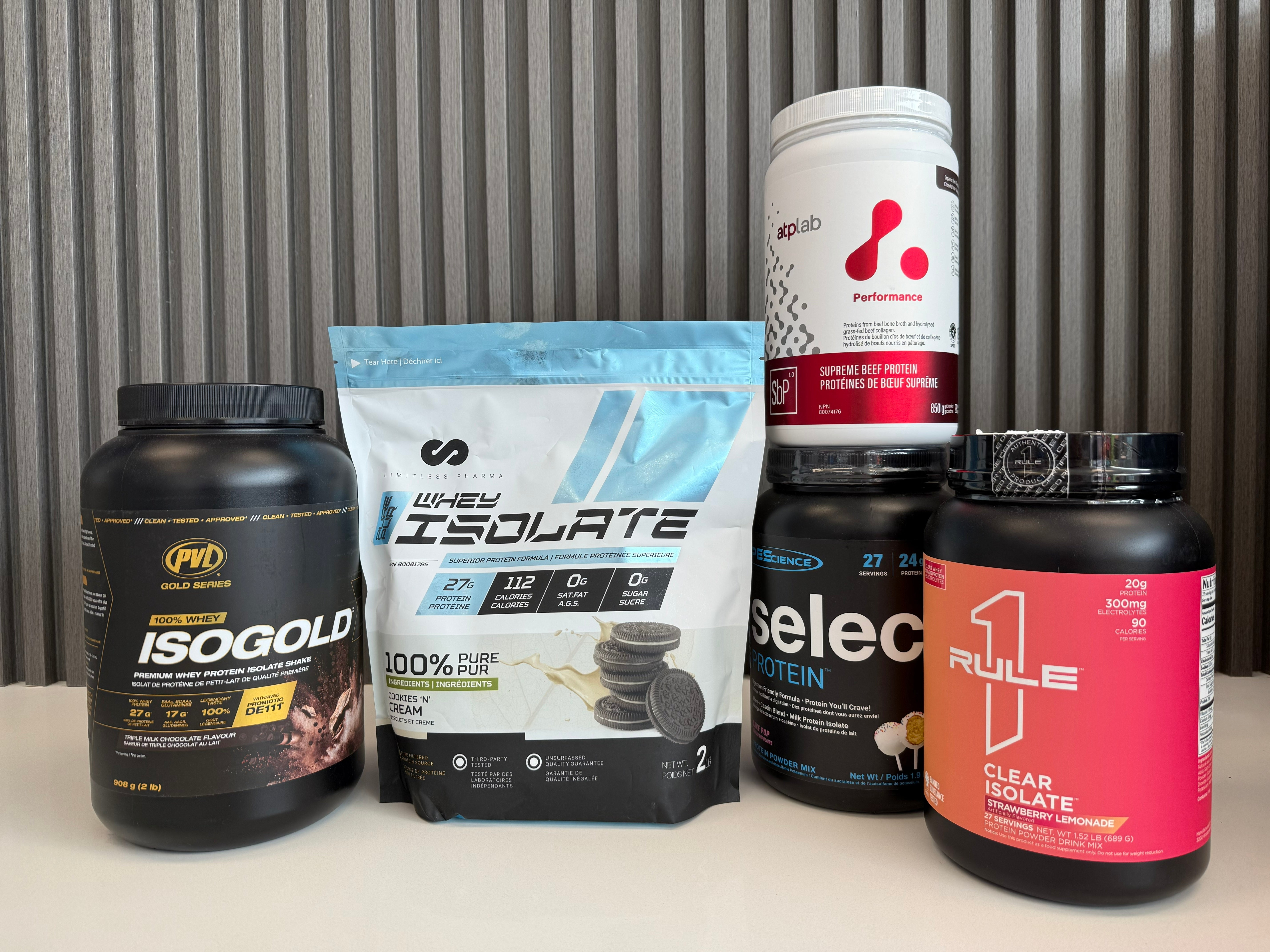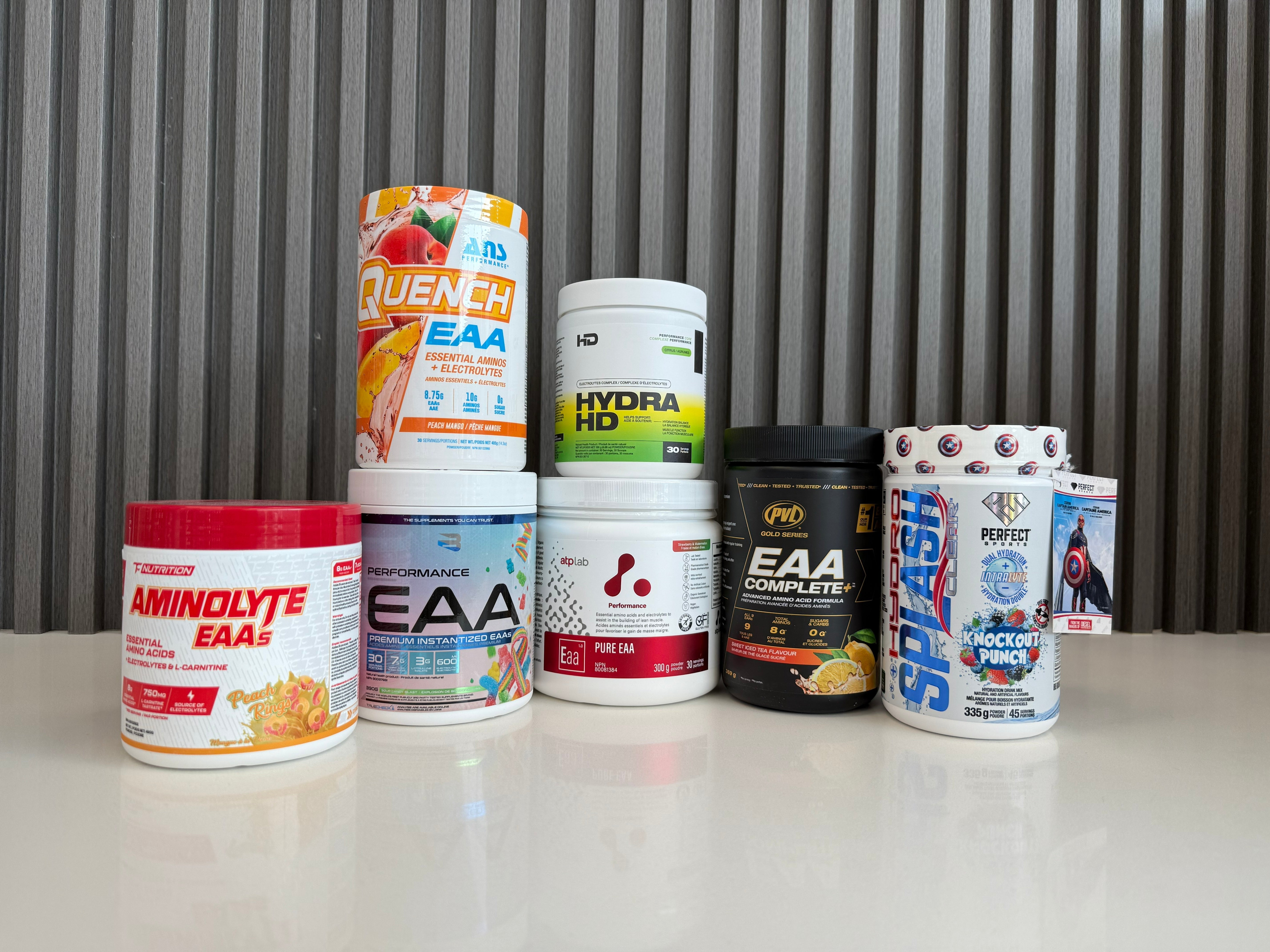Does working out affect your fertility? Will exercising more frequently improve your chances of conceiving? If you are trying to get pregnant, being in your best state of health and wellness is important. And exercising can play a role in this.
To begin any discussion of female fertility it is important to also point out the role male fertility plays in conception. Close to half of all infertility issues may be traced back to male fertility issues. So first, it's important to identify which partner may be experiencing fertility issues.
Is it Good to Exercise When Trying to Conceive?
As a general rule of thumb, exercising is always a good idea for anything health-related unless you have a pre-existing condition.
Many studies have shown that most traditionally-healthy lifestyle choices positively impact fertility in women, and exercise is no exception.
Studies show that daily light exercise, such as jogging for around half an hour, can lower your risk of infertility. One review of several studies noted that staying between 30-60 minutes of daily exercise is beneficial for ovulation. However, exceptions exist. Other studies have shown that five hours of intense exercise per week may be beneficial for fertility in overweight women.
Weight, beyond physical activity, may factor into fertility more than what particular workouts you do. Being overweight or underweight can negatively impact fertility. This is why many experts advice women to achieve a healthy weight before exploring other treatments for infertility.
When you are trying to conceive, exercise is important. The good news is that for optimal fertility, you only need to exercise in moderation.
How Much Should You Exercise When Trying to Conceive?
When trying to conceive, there are many options available to you. Some women can feel nervous or scared about working out. They don’t want to do anything that will harm their chances of getting pregnant. But if you haven’t run into any infertility issues, there’s no reason to significantly alter your lifestyle. Of course, it’s always best to consult your health care provider as soon as you’re trying to conceive.
Some types of exercises that are well suited for the average woman and those seeking fertility treatments like IVF include jogging and light leg-oriented weight training. Women who experience issues when trying to conceive may want to avoid extended hours of intense exercise such as marathons and crossfit.
Research has shown that a daily workout of thirty minutes can decrease your risk of irregular ovulation, which lowers your risk of infertility in turn.
While a sweaty and intense workout may be optimal for losing weight or gaining muscle, it is may be best to tone these hardcore workouts for post-pregnancy.
Can Too Much Exercise Affect Fertility?
In general, exercise can be beneficial to your fertility. Light, daily exercise can help you balance your hormones and lead to healthy, regular ovulation. But experts estimate that more than an hour of exercise per day can increase your risk of infertility.
Aerobic exercise for more than seven hours per week may result in irregular ovulation, while four hours of strenuous exercise per week can reduce the success rate of in-vitro fertilisation.
Exercise as a whole is good, but in the case of fertility, you don’t want to overdo it.
When attempting to conceive, your optimal workout may consist of light daily cardio rather than intense marathons of high-cardio and weight lifting.
Does Weight Training Affect Female Fertility?
A study by Harvard University shows that female fertility may decrease with the regular lifting of heavy loads.
While pregnant, several weight training choices may help your pregnancy go smoother, particularly in the lower body region. Your hamstrings and upper back are great choices to work out!
As long as you are performing light, non-strenuous weight-based exercises, weight training has as positive an effect on your fertility and pregnancy as any other exercise. When in doubt, always consult your healthcare provider before starting any new workout routines.
What are Lifestyle Changes That Can Impact Fertility
Of course it’s not just working out that can give your fertility a boost. There’s plenty of other lifestyle choices that can impact fertility.
Smoking can decrease your egg count, just like it can damage the sperm count in a man. However, men constantly produce sperm; women only have a set amount of eggs.
Many people have long espoused the cardiovascular benefits of red wine, but professionals have determined that even light drinking directly reduces fertility in women.
Sleeping may seem like a catch-all fix for your body, but many studies show that getting a healthy amount of sleep positively affects your fertility.
One study suggested that women who experience minimal disturbances during their sleep cycle may experience increased fertility, helping prove that higher-quality sleep can be a game-changer if you are attempting to conceive.
How Does Being Overweight Affect Fertility?
Being overweight can be a major factor in your fertility, as obesity directly affects many aspects of your body, including hormone production.
Studies have shown that obese women are 15% less likely to conceive within one year of ceasing birth control use than women of a healthy weight.
This discrepancy is because obesity triggers a hormone imbalance that may bottleneck the production of all the hormones that help induce fertility.
It is still possible to get pregnant while overweight, with the difference between overweight and healthy women being exactly 15%. However, you want your odds to be the best possible!
Even in terms of in-vitro fertilisation, overweight women are slightly less likely to conceive. This is because the eggs produced by overweight women are of lower quality.
Therefore, it is not purely a matter of hormones restricting fertility- obesity also affects egg production!
Should I Try to Lose Weight Before Conception?
Being overweight can negatively affect your fertility and make it significantly harder for you to conceive. If you are trying for a baby, it may be in your best interest to try to lose weight.
If you are trying to conceive and lose weight at the same time, you may be in luck! Studies have shown that vigorous, exhausting exercise may have benefits for fertility in overweight women.
If you want to conceive and have also been looking for an excuse to lose weight, this is a great reason for you to go ahead with your weight loss goals!
What Foods Support Fertility? Foods to Eat When Trying to Conceive
Many of the widely-regarded healthy foods will help your fertility. The government of Canada recommends a varied diet of fruits and veggies, whole-grain foods, and foods high in protein.
In terms of vegetables, carrots are your best option along with a healthy serving of dark greens. Your friends are always talking about kale, and now is the best time to try it!
When choosing grains, going whole wheat is your preferred choice, whether it be pasta or bread. For rice, you may want to choose wild or brown rice.
High-protein foods are also perfect! A high-protein diet may be beneficial for women who have been having fertility issues. Seafood, nuts, and beans are your best options here.
Male Fertility and Physical Activity
Just like for females, physical activity can be a health boost for men that can enhance fertility. One study from The Harvard School of Public Health found that too much TV time (or anything sedentary like gaming or phone scrolling probably) can negatively impact sperm count. Aim for less than 20 hours sitting in front of screens. On the flip side, according to the same study, all you need are around 15 hours of moderate physical activity to improve sperm count and health.
One caveat? Long-distance bicycling, which could have a negative impact on sperm count. This may be due to higher temperatures in the scrotal area or extended compression of the scrotum due to the bike seat. And of course, it doesn’t need to be said that illicit steroid use can have a direct impact on male fertility and reproductive health in general.
Key Points on Fitness and Fertility
Ultimately, many factors affect your fertility. Your weight and exercise habits are a big part of them, and it may not be in the way that you think!
As long as it is light and non-strenuous, exercising can only help your fertility, while being overweight can ultimately harm it.
When you do get pregnant, you may not have any issues at all, regardless of your exercise levels or weight. However, should you choose to be proactive, you have nothing to worry about!
Suggestions to Support Fertility Health
Myo-Inositol, DIM and folate are known for supporting female hormone health and each are included in this balancing supplement formula.
Goji berry is one of the most popular superfoods for fertility, the berry is known for helping to balance healthy hormone levels, while they may also provide a boost by thickening the uterine lining which can aid in implantation.













Leave a comment
All comments are moderated before being published.
This site is protected by hCaptcha and the hCaptcha Privacy Policy and Terms of Service apply.